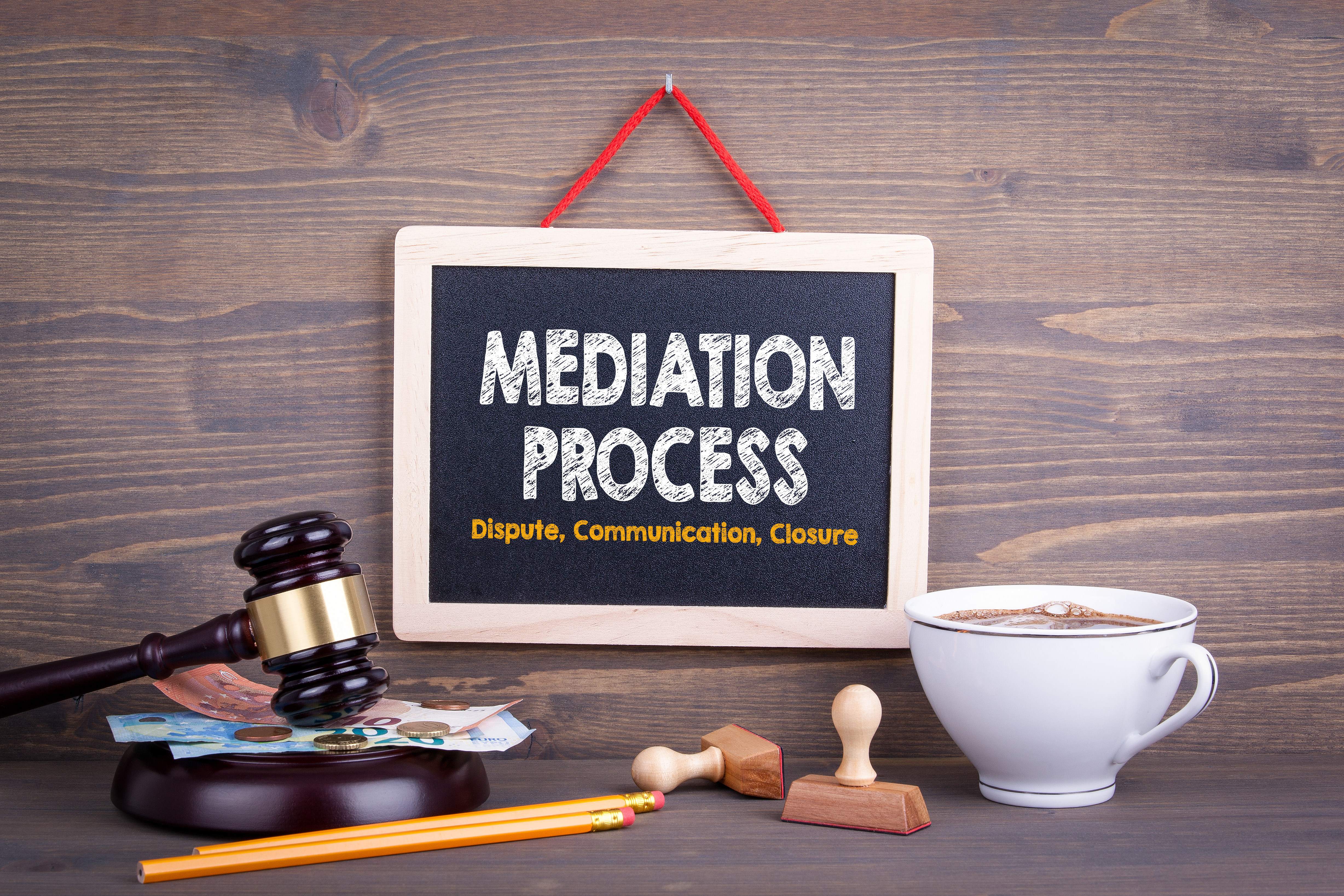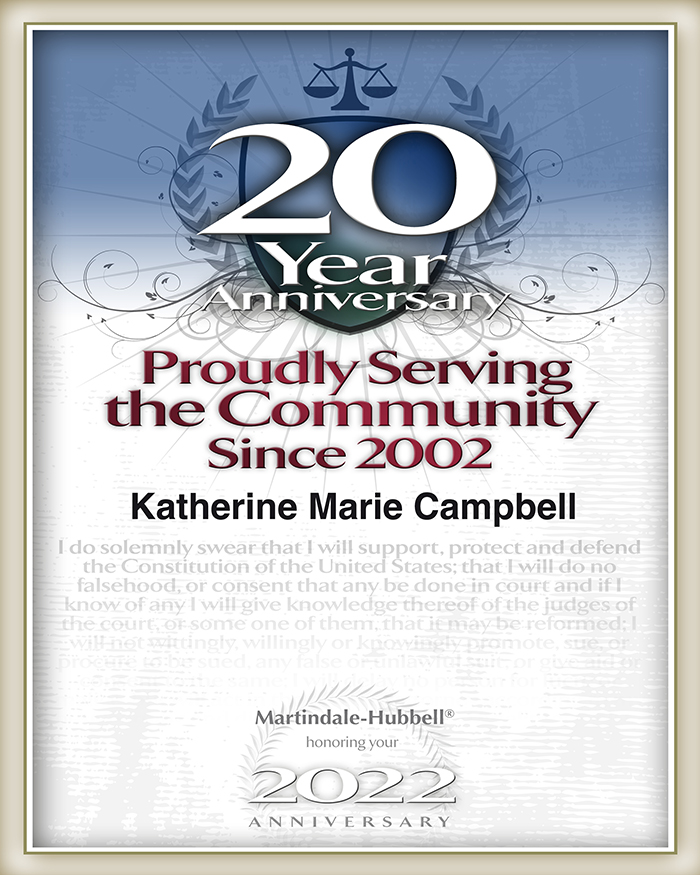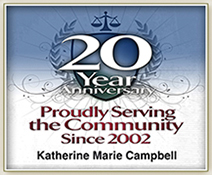
Most people are not familiar with mediation as a path for finalizing your divorce. Many who have heard of it associate it with other environments, like the workplace. Divorce Mediation gives couples a chance to work together to solve their issues with the neutral guidance of Kathy Campbell, an experienced California divorce mediator. As a neutral Ms. Campbell can educate both spouses about the law, your rights, creative solutions and additional feedback to help bring about agreements.
Mediation Advantages
- The process is by nature cooperative and not adversarial. Couples are encouraged to work together to find the solution that they agree is the most beneficial for their family.
- A neutral mediator, especially a licensed attorney, knows how to prepare the paperwork to memorialize your agreements and help get your divorce finalized.
- A mediator can help insure that both parties have their voice heard especially when one of you may not have been comfortable standing up during the marriage.
- A mediator can provide a neutral location that can facilitate cooperation, balance different negotiation abilities and knowledge bases related to assets, debts, income and expenses.
- Mediation is a more cost-effective path to dissolution.
- Mediation is confidential so that whatever conversations, settlement discussions, or proposed resolutions a couple discusses will not be disclosed. Only the final judgment will be the publicly available document. Ideally this means that couples are fully engaged in conversations focused on resolution.
Mediation Disadvantages
- Mediation works best if both of the individuals have equal negotiating skills and relationship power. Otherwise, one might still be able to assert or gain an advantage over the other.
- Mediation is not effective in marriage with intimate partner violence or domestic violence, coercive control dynamics, or significant power imbalances in a relationship.
- Mediation is not effective when there are serious addiction issues.
- In cases with severe power imbalances or violence, a mediator’s attempts equalize process participation can interfere with perceptions of neutrality. This may be used an excuse for ending the process at a time where the aggressor was being challenged for aggressive or coercive behavior.
- Mediation will not help you find and deal with the underlying issues which are causing your conflicts, so you may end up dealing with the same issues time and time again, even after the divorce is finalized.
- If you do end up having to revisit old issues multiple times, you will end up spending more money. Mediation can be expensive over the long run if you need to keep going back to the drawing board.
Mediation can work really well for some families. Attorney Kathy Campbell has successfully mediated divorces and helped couples reach amicable and cooperative resolutions. If you think your family might benefit from mediation, please contact Campbell Family Law to arrange a consultation.
Additional Professionals Available in Mediation
Financial professionals:
At times, a case may be appropriate to include additional professionals in the process. Financial issues may benefit from the assistance of a neutral financial professional in a mediation. Because the financial professional is the person collecting the data, insuring it is accurate and complete, mediating couples can be more confident that the property division discussions will take place using complete and accurate information. Adding in a financial professional can also nicely align that professionals skills’ with his or her experience freeing the attorney mediator to focus on the legal aspects of the mediation.
Mental health professionals, communications coaches:
Other professionals often included in mediation are individual coaches for either or both spouses. The coach is a mental health professional who can provide additional support during a process. Because our spouses often know best how to trigger us or push our buttons coaches serve an invaluable role in helping divorcing couples identify and work around those triggers so that the process can proceed efficiently without getting derailed each time a spouse is triggered. Sometimes coaches are used extensively in the beginning and then not at all as the individuals become stronger in asserting their own needs while not becoming triggered. Coaches can be brought into a case so that each person has a coach or so that one coach works as a neutral helping both members of a family. Coaches are not therapists and do not provide the same services that a confidential therapist provides. Kathy Campbell often recommends that each member of a divorcing couple either continue working with an existing therapist if it has been a successful relationship or if there is no pre-existing relationship each member of a divorcing couple should hire a therapist to help each work through the emotions this process evokes more effectively. The professionals Kathy Campbell uses in mediation are all licensed mental health professionals who are also trained in mediation.
Mediation is a dynamic, structured, interactive process where a neutral third party assists disputing parties in resolving conflict through the use of specialized communication and negotiation techniques.
All participants in mediation are encouraged to actively participate in the process.
Mediation is a “party-centered” process in that it is focused primarily upon the needs, rights, and interests of the parties. The mediator uses a wide variety of techniques to guide the process in a constructive direction and to help the parties find their optimal solution. A mediator is facilitative in that she/he manages the interaction between parties and facilitates open communication.
Mediation is also evaluative in that the mediator analyzes issues and relevant norms (“reality-testing”), while refraining from providing prescriptive advice to the parties (e.g., “You should do…”). Mediation, as used in law, is a form of alternative dispute resolution resolving disputes between two or more parties with concrete effects. Typically, a third party, the mediator, assists the parties to negotiate a settlement. Disputants may mediate disputes in a variety of domains, such as commercial, legal, diplomatic, workplace, community and family matters.
The term "mediation" broadly refers to any instance in which a third party helps others reach agreement. More specifically, mediation has a structure, timetable and dynamics that “ordinary” negotiation lacks.
The process is private, confidential, and enforceable when agreements are memorialized in a signed court order by which both agree to be bound. Participation is voluntary. The mediator acts as a neutral third party and facilitates rather than directs the process. Mediation is becoming a more peaceful and internationally accepted solution in order to end conflict. Mediation can be used to resolve disputes of any magnitude.
Ms. Campbell is both a certified family law specialist and trained mediator.

Get in Touch
Main Office
1901 South Bascom Ave, Suite 1550
Campbell, CA 95008
Phone
(408) 732-5400
Fax
(408) 732-5401
Kathy@CampbellFamilyLaw.com

